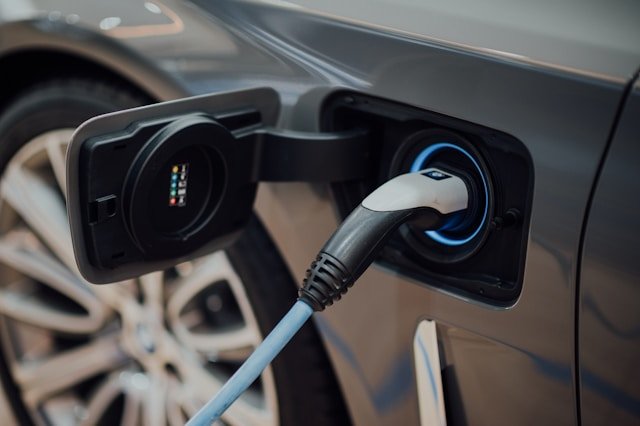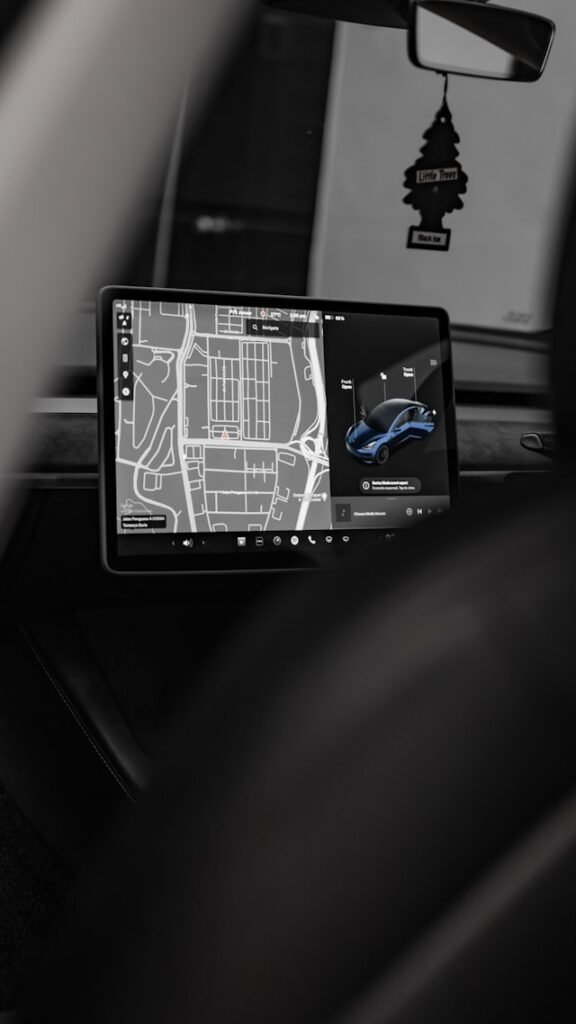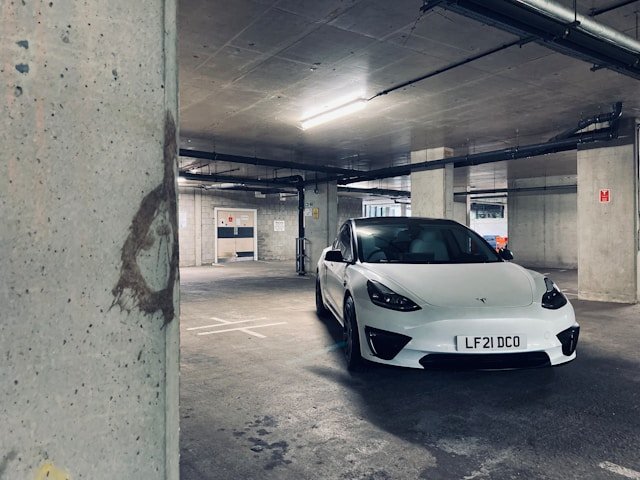Remember when filling up your tank was just part of life? Well, times are changing fast. Electric vehicles are becoming the new normal. And this shift is shaking up one of the biggest industries on Earth: oil.

According to the International Energy Agency (IEA), global oil demand could peak before 2030 if EV adoption keeps growing at the current pace. That’s huge. For decades, oil was seen as untouchable, the black gold that powered everything from cars to economies. As electric cars replace gas cars, global demand for oil could drop significantly by 2035. Less oil means fewer emissions, but also massive changes for economies that depend on it, like for example, Saudi Arabia, Russia, and Venezuela. These nations are now racing to diversify their economies before oil loses its crown.
In this situation, the key minerales for EV batteries as lithium, nickel, and cobalt, are becoming the “new oil.” Countries with large reserves (like Chile and Indonesia) are suddenly in the spotlight. It’s like the energy game hit reset, and the rules are being rewritten.
The shift to electric isn’t just about cleaner cars; it’s about redefining global power and money. Oil shaped the 20th century, but electricity might just rule the 21st.
Most people think about switching to an electric car because they’re tired of spending half their paycheck at the gas station. But the real advantages go way beyond fuel savings. Having an EV isn’t just about being trendy or eco-conscious, it’s a complete lifestyle upgrade that quietly changes how you move, spend, and even think about technology.
In Tekaroid, we think that driving an electric car feels different, of course, in a good way. For example, the instant torque gives you that smooth and a kind of spaceship acceleration that no gas engine can match. It feels futuristic but also oddly calm. Once you get used to the silence, going back to a petrol car almost feels prehistoric.
Then there’s maintenance. Say goodbye to oil changes, spark plugs, and endless mechanic visits. Electric motors have far fewer moving parts than combustion engines, which means fewer things that can break. For most EV owners, the biggest maintenance task is rotating the tires and occasionally replacing brake pads.
And let’s not forget charging at home, arguably the most underrated advantage. Waking up every morning to a “full tank” feels like a luxury. Then, that’s means no more visits to gas stations, just plug in before bed, and that’s it.
On top of that, EVs are becoming part of a bigger smart ecosystem. Many new models can connect to your home energy system, your solar panels, or even power your house during outages.
Things are also shifting fast. Governments across the world are offering tax incentives and low-emission zone benefits. Some cities let electric cars use bus lanes or park for free. Those perks add up. And with battery prices dropping each year, the upfront cost of EVs is getting closer and closer to traditional cars, that’s meaning that going electric won’t be the expensive option anymore.
There’s something harder to measure but just as real: the feeling of being part of the future. Driving an EV makes you feel like you’re contributing, even a little, to a cleaner, more efficient world. You’re not just saving money or charging a battery, you’re investing in a new way of living that’s built on innovation, not extraction.
Sure, there are still challenges, charging infrastructure needs to grow faster, and not every region is ready yet, but that’s changing every single year. As technology improves and batteries get cheaper, lighter, and longer-lasting, the reasons not to drive an electric car keep disappearing.
So maybe the real question isn’t “Should I get an electric car?” anymore. It’s “When I should get a electric car?”


